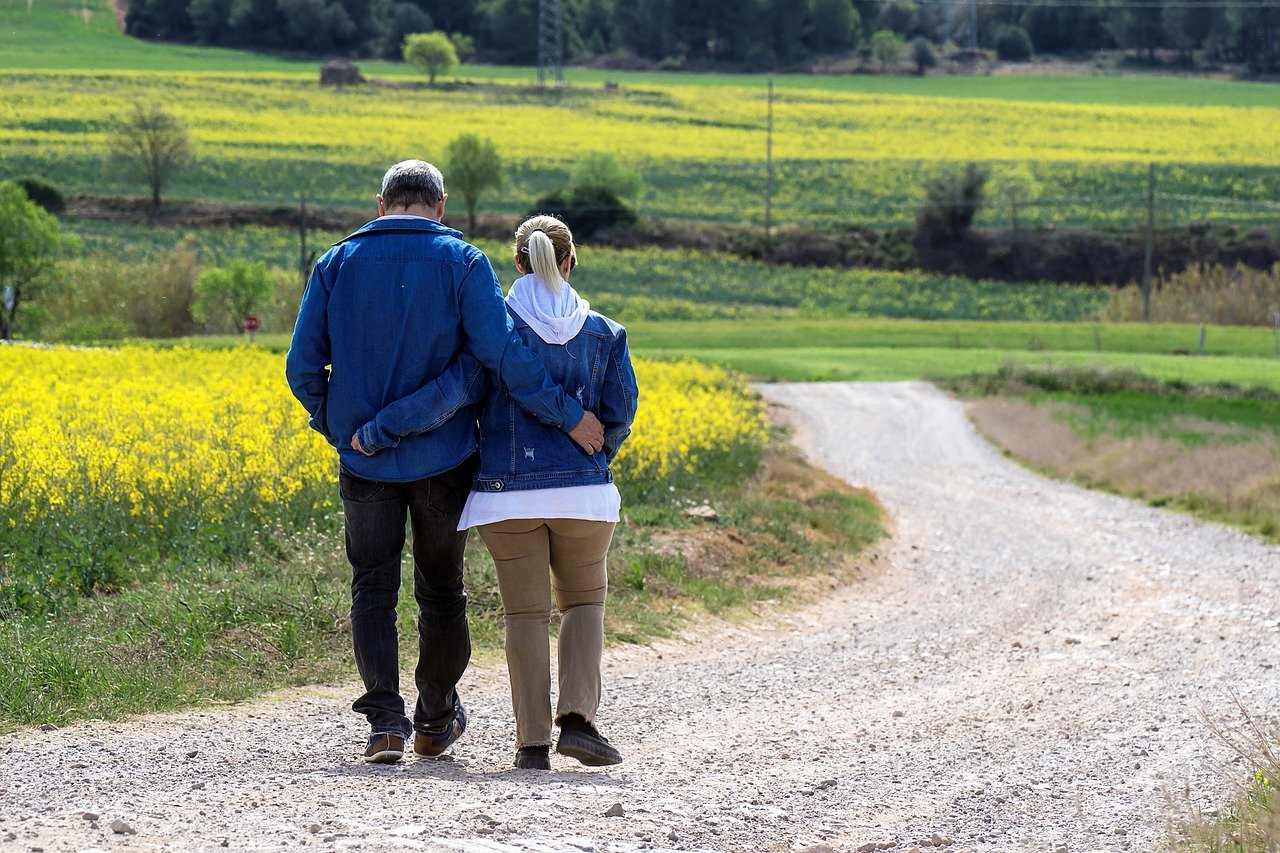Strengthening Advice from Cancer Survivors
One of the most terrible illnesses a person can have is cancer. It may affect a person\\\’s mental, emotional, and physical health in addition to their physical health. There are people who have overcome the odds and succeeded, though. Cancer survivors are real warriors with a wealth of knowledge to impart to the world. This post will explore the profound knowledge that a cancer survivor can impart.
Summary of Contents
Introduction
The Influence of Position
The Value of Assistance
The Mind-Body Relationship
Being in Charge of Your Health
Accepting Uncertainty and Embracing Change
Finding Gratitude and Joy in Everyday Life
Learning to Release Fear and Anxiety
Representing Your Journey
Conclusion FAQs
Introduction
A cancer diagnosis can significantly impact one\\\’s life. The news can leave you feeling disoriented and unsure of what the future holds, shaking you to your very core. But you must keep in mind that cancer does not have to define you. Living examples of cancer survivorship show that it is possible to beat the disease and emerge from it stronger.
This post will examine the potent knowledge that cancer survivors may impart. Their advice can assist us in navigating challenging situations and emerging stronger and more resilient. It can range from learning to let go of anxiety and worry to finding joy in daily life.
The Influence of Position
The value of perspective is one of the most potent lessons cancer survivors can provide to us. A life-threatening disease might give us a fresh outlook on what\\\’s important in life. Many cancer survivors mention how their diagnosis taught them to value the little things in life and rekindled their love for their loved ones, friends, and community.
The Value of Assistance
Cancer doesn\\\’t have to be an isolating experience. Having a reliable support network is something survivors frequently emphasize. Having supporters in your camp, whether they be family, friends, or a support group, can make a world of difference. Support can take many different forms, from moral support to useful assistance with daily duties.
The Mind-Body Relationship
For cancer survivors, the mind-body connection is a potent weapon. Many cancer survivors attribute their ability to manage the stress and worry that comes with a cancer diagnosis to activities like meditation, yoga, and other mind-body therapies. Additionally, these techniques can enhance general health and wellbeing.
Being in Charge of Your Health
Cancer survivors also emphasize how crucial it is to take charge of your health. This entails taking charge of your health and changing your lifestyle to lower the likelihood of a cancer recurrence. Simple actions like maintaining an active lifestyle, eating a healthy food, and abstaining from drinking and smoking can have a significant impact.
Accepting Uncertainty and Embracing Change
Cancer survivors frequently stress the value of accepting uncertainty and embracing change. Cancer treatment can be chaotic, and it\\\’s easy to feel as though you\\\’ve lost control of your life. Nevertheless, survivors have discovered that accepting uncertainty and embracing change can help them get through challenging times and come out stronger.
Finding Gratitude and Joy in Everyday Life
Cancer may serve as a reminder to enjoy life to the fullest. Survivors frequently discuss finding happiness and appreciation in daily life. Finding moments of happiness and thankfulness may keep us upbeat and hopeful even through trying times, whether it be by enjoying time with family and friends, being in nature, or pursuing a passion.
Learning to Release Fear and Anxiety (continued)
Even while it\\\’s normal to have dread and worry when faced with cancer, clinging to these feelings can be harmful to our general wellbeing. Cancer patients frequently discuss how they overcame their fears and worries by learning to live in the moment. This can entail techniques like mindfulness and meditation, which can keep us anchored and present-focused.
Representing Your Journey
Finally, cancer survivors frequently emphasize the need of respecting your path. Cancer survivors encourage us to celebrate our successes and take lessons from our setbacks because every cancer journey is different. This can entail thinking back on the lessons we\\\’ve learned and the strengths we\\\’ve developed, as well as reaching out to those who have gone through a similar situation for support.
FAQs
What is the cancer patient survival rate?
Depending on the type of cancer and the stage at which it is discovered, different cancer patients have varying rates of survival. However, many tumors can be successfully treated with early detection and appropriate care.
How can I help a friend or family member who has been told they have cancer?
Provide both practical and emotional support for day-to-day duties. Give them a non-judgmental space to express their thoughts and feelings while paying attention to their worries. Encourage them to seek out expert assistance and put them in touch with local options.
Can modifying one\\\’s lifestyle help lower the risk of cancer recurrence?
Yes, modifying one\\\’s lifestyle to include a good diet, regular exercise, and abstaining from tobacco and excessive alcohol can help lower the risk of cancer recurrence.
How do mindfulness and meditation reduce the stress that comes with receiving a cancer diagnosis?
Meditation and mindfulness practices can help us stay present-oriented and grounded, which can help us feel less stressed and anxious. Additionally, these techniques help enhance general mental and emotional health.
How can I locate a cancer survivor support group?
You might be able to find local support groups through your doctor or the cancer center in your community. Online searches for national cancer survivorship resource and support organizations are another option.
Can a good outlook influence the course of cancer?
Even though a positive outlook cannot treat cancer on its own, studies has shown that keeping a happy outlook can enhance a cancer patient\\\’s general wellbeing and quality of life.
How do I deal with my worry of getting cancer again?
Although coping with the dread of cancer recurrence can be difficult, there are methods that might be useful. These consist of being proactive with regard to your health, engaging in self-care and stress reduction techniques, and getting professional assistance when necessary.
Is feeling guilty about beating cancer when others don\\\’t normal?
After beating cancer, it\\\’s natural to experience a variety of feelings, including guilt and survivor\\\’s guilt. It\\\’s crucial to keep in mind that each person\\\’s experience with cancer is different, and it\\\’s not your responsibility if someone else does not live past their own cancer diagnosis.
How can I tell my loved ones that I have cancer?
It might be challenging to inform loved ones of a cancer diagnosis, but it\\\’s crucial to be open and straightforward. Select a time and location where you feel at ease, and be ready for a range of feelings and responses. Remember to reassure them and stress that you will need their love and support as you travel.
How can my battle with cancer have a purpose?
The search for purpose during a cancer journey can be a highly subjective and individual endeavor. Others find significance in following a new passion or hobby, while some survivors find meaning in aiding those who are experiencing a similar situation. It is crucial to take the time to consider your own values and priorities, and if necessary, to seek help and direction.
Conclusion
From the value of perspective and support to the strength of the mind-body link and finding joy in daily life, cancer survivors have a wealth of knowledge to share. We may manage challenging times with greater resilience and hope if we can benefit from their experiences and perspectives. You are not alone if you or a loved one has received a cancer diagnosis. It\\\’s possible to beat this illness and come out stronger on the other side with the appropriate help and attitude.

